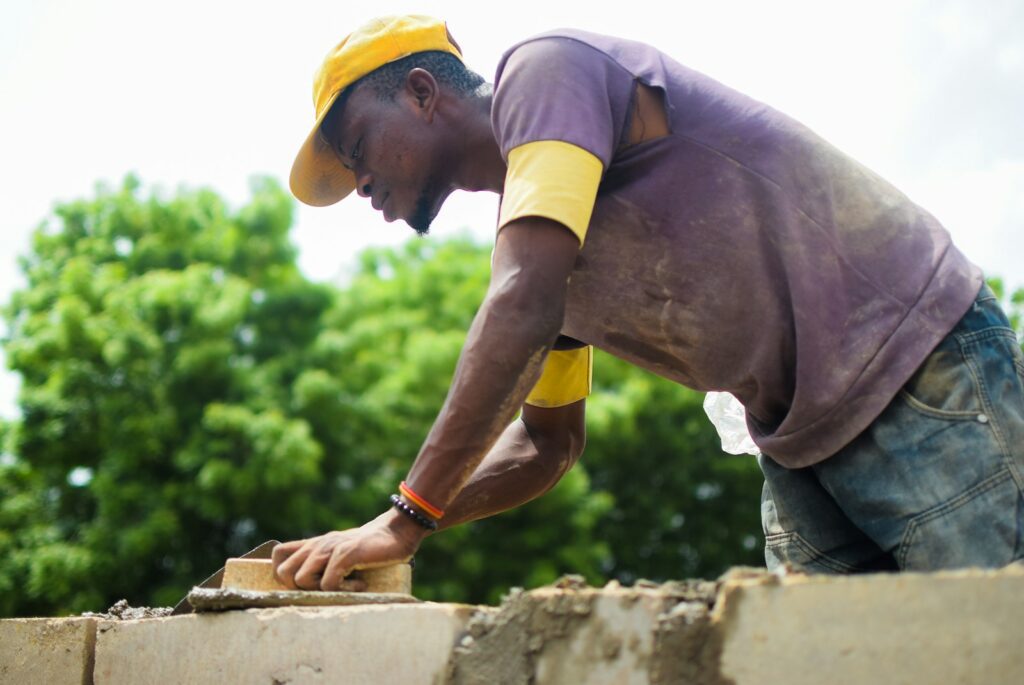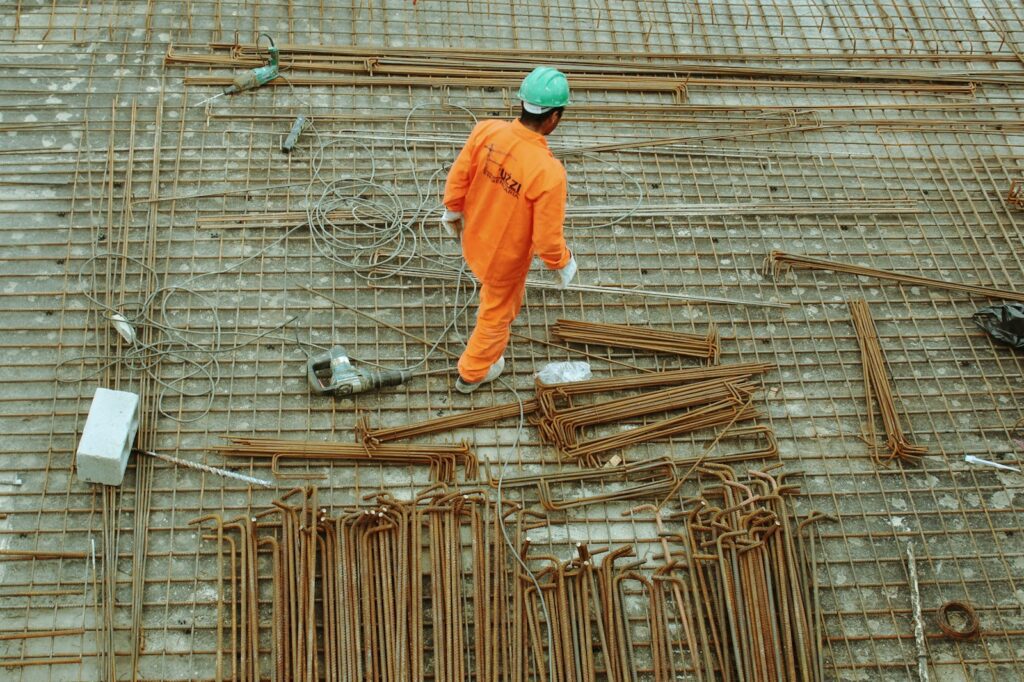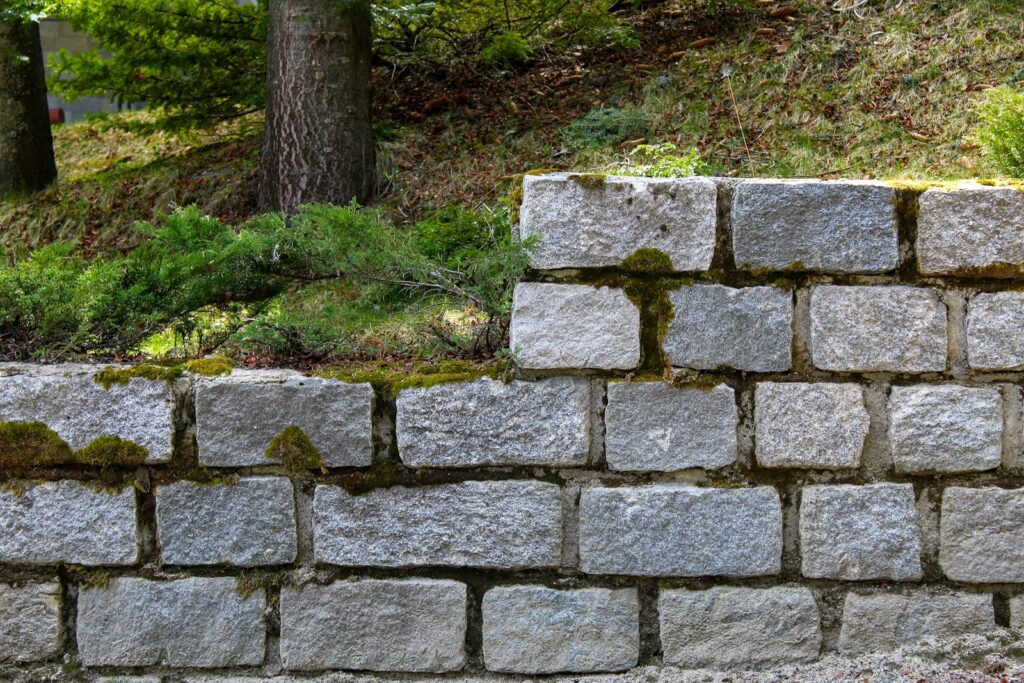Of course, you are making one of your best decisions to immigrate to Canada as a Bricklayer, Brickmason, Stonecutter, or Stonemason. This is because bricklayer is an occupation in demand in various Canadian provinces and territories, and consequently, you can immigrate to Canada as a bricklayer regardless of if you have arranged employment or not.
Indeed, a range of Canadian immigration programs and pathways enables bricklayers to become permanent residents in Canada.
Above all, this article is a complete guide to working and immigrating to Canada as a bricklayer.
Thus, you will be opportune to gain information on the requirements, pathways, and steps to immigrate to Canada as a bricklayer.
See All the documents you need
What do Bricklayers do?
Without a doubt, bricklayers are skilled tradespersons who lay various materials like bricks, concrete blocks, and stones to build or repair structures such as walls, arches, chimneys, and fireplaces based on building plans and detailed descriptions.
Generally speaking, bricklayers can either work on their own or seek employment with Canadian establishments, including construction firms, and bricklaying contractors, among others.
Moreover, the bricklayer is NOC 7281 under Canada’s National Occupational Classification (NOC). The NOC code also covers apprentice bricklayers, stonemasons, brick masons, stonecutters, and refractory bricklayers.
Bricklayers’ job duties in Canada
Undoubtedly, bricklayers working in Canada have a wide range of job responsibilities.
Besides, bricklayers not only lay building materials but also play a vital role in Canada’s construction industry.
When your application to immigrate to Canada as a bricklayer gets approval, you need to take note of the following as your job duties.
- Firstly, working in Canada as a bricklayer requires you to interpret building plans and sketches to estimate the number of materials needed for a construction project.
- Secondly, your job consists of measuring, cutting, and trimming building materials (bricks and concrete blocks) using relevant tools.
- Thirdly, bricklayers assist in the construction of residential, commercial, and industrial buildings by preparing and laying stones, bricks, concrete blocks, structural tiles, etc.
- Fourthly, bricklayers build and install premade Concrete-Masonry Units (CMUs) for a construction project.
- Fifthly, your job requires you to lay/install/reline bricks, stones, radial bricks, firebricks, CMUs, and other building materials to construct chimneys, fireplaces, patios, garden walls, veneer facing, etc.
- Sixthly, working as a bricklayer in Canada will probably subject you to cleaning, renovating, and painting already-built structures.
- Above all, bricklayers help to line or reline kilns, furnaces, and boilers using plastic refractories, refractory or acid-resistant bricks, and refractory concrete, among others.
Examples of jobs under bricklayers NOC code 7281
Generally speaking, multiple jobs are listed under bricklayers’ National Occupational Classification code 7281.
Therefore, examples of these jobs include;
- Apprentice (bricklayers, brick masons, as well as apprentice masons)
- Artificial stone mason
- Brick and stone mason
- Bricklayer (chimney repair, furnace lining, kiln repair, ladle repair, maintenance, refractory brick, residential, as well as smokestacks bricklayers)
- Brick setter
- Brickman
- Brick chimney builder
- Builder (refractory builder)
- Chimney (bricklayer, repair bricklayer, as well as chimney repair stonemason)
- Cinder (block mason, as well as cinder block setter)
- Concrete block setter
- Fire bricklayer
- ” liner repairer
- Fireplace brick mason
- Industrial furnace (bricklayer, as well as industrial furnace brick mason)
- ” oven brick mason
- Installer (Permastones)
- Journeyman/woman (bricklayer, brick mason, mason, as well as Journeyman/woman stonemason)
- Layer (fire bricks)
- Maintenance bricklayer
- Mason (brick and stone, as well as refractory)
- Masonry silo erector
- Permastone mason
- Refractory (brick repairer-mason, bricklayer, builder, as well as refractory mason)
- Residential construction bricklayer
- Restoration stonemason
- Setter (artificial stones, as well as simulated stones)
- Simulated stone mason
- Smokestack bricklayer
- Stone setter
- Stonecutter
- Stonemason (chimney repair, as well as restoration)
- Terra cotta mason
Requirements to work in Canada as a bricklayer
Before you can work in Canada as a bricklayer.
First of all, you need to have completed your high school education.
Secondly, you must complete a three- or 4-year apprenticeship program.
As an alternative, you need to have at least four (4) years of work experience in bricklaying. You must also undertake several secondary schools, college or relevant courses to get a trade certification in Canada.
Finally, you need to get qualified via Red Seal endorsement, which is attainable after passing the interprovincial Red Seal exam.
Exclusions under bricklayers NOC code
Indeed, some bricklaying jobs are not included under National Occupational Classification (NOC) code 7281.
Without a doubt, the following is a list of exempted occupations under NOC 7281 in Canada.
- 7282 – Concrete finishers
- 7205 – Supervisors of bricklayers
- 7283 – Tilesetters
Requirements to immigrate to Canada as a bricklayer
To immigrate to Canada as a bricklayer, you must satisfy general and specific requirements.
General requirements
Of course, the general requirements to immigrate to Canada as a bricklayer involve being a graduate, providing a language exam result, and meeting other criteria such as age, work experience, arranged employment, etc.
Thus, below are the general requirements that qualify you to immigrate to Canada as a bricklayer.
- Firstly, you must have completed high school or a 3 or 4-year apprenticeship program.
- Secondly, you must fulfill language requirements by partaking in an IRCC-approved English or French proficiency exam.
Since language proficiency test usually lasts about two (2) years, you need to submit valid exam results that have yet to surpass the expiry period.
However, the following are English and French language proficiency tests accepted by IRCC to immigrate to Canada as a bricklayer.
- International English Language Testing System (IELTS)
- Test of English as a Foreign Language (TOEFL)
- Canadian Academic English Language (CAEL) assessment
- Michigan English Test
- Pearson Test of English (PTE)
- Duolingo English Test (DET)
- TEC Canada – Test de Connaissance du Français Canada
- TEF Canada – Test d’Evaluation de Français Canada
Another criterion to immigrate to Canada as a bricklayer
- Indeed, you must be at least 18 years old and not above 35 years old.
- You are also required to possess a minimum bricklaying work experience of four (4) years.
- Moreover, you need to have an arranged employment (job offer) if you intend to immigrate to Canada through Federal Skilled Trades Program (Express Entry).
Specific requirements/certifications for bricklaying jobs in Canada
Of course, you need a trade certification to work as a bricklayer in certain Canadian provinces, including Quebec, Nova Scotia, and New Brunswick.
Besides, it is your own free will to get a trade certification in other Canadian provinces and Yukon Territory.
Furthermore, you can apply for a trade certification on your own accord to work as a stonemason in Newfoundland and Labrador, Canada.
If you wish to work as a restoration stone mason in Canada, you may apply for trade certification based on your choice.
Pathways to immigrate to Canada as a bricklayer
Generally speaking, several pathways enable foreign nationals from different countries to immigrate to Canada as a bricklayer.
Upon entry to Canada through any of these pathways, you will be able to gain status as a Canadian permanent resident.
However, here are examples of these pathways.
Express Entry
Of course, a bricklayer is an occupation in demand in Canada and a skilled trade occupation.
As a bricklayer, you can immigrate to Canada through Federal Skilled Trade Program (FSTP).
Moreover, you need to attain CRS points not less than 600/1,200 based on meeting Federal Skilled Trade Program’s minimum requirements.
Additionally, note that you need to be arranged employment, that is, a job offer from a Canadian employer willing to hire you due to the shortage of skilled trade labor in Canada.
Provincial Nominee Programs
Undeniably, bricklayers are in demand in all Canadian provinces. For this reason, a province in Canada can nominate you for permanent residency.
However, the following are lists of Provincial Nominee Programs (PNPs) in each Canadian province.
- Alberta Immigrant Nominee Program (AINP)
- British Columbia Provincial Nominee Program (BC PNP)
- Manitoba Provincial Nominee Program (MPNP)
- New Brunswick Provincial Nominee Program (NBPNP)
- Newfoundland and Labrador Provincial Nominee Program (NL PNP)
- Northwest Territories Nominee Program (NTNP)
- Nova Scotia Provincial Nominee Program (NSPNP)
- Ontario Immigrant Nominee Program (OINP)
- Prince Edward Island Provincial Nominee Program (PEI PNP)
- Saskatchewan Immigration Nominee Program (SINP)
- Yukon Nominee Program (YNP)
Steps to Immigrate to Canada as a Bricklayer
“Is it hard to become a bricklayer?” As many foreign nationals have asked, we provide easy steps to become a bricklayer in Canada.
Firstly, you need to calculate your possible points on the Comprehensive Ranking System (CRS) if you intend to immigrate through Express Entry.
For this purpose, you can use our IRCC’s Comprehensive Ranking System (CRS) online tool to know your potential point.
Use the CRS tool to estimate your score
However, your points need to pass at least 600 out of 1,200 on the Express Entry Comprehensive Ranking System.
Secondly, apply through a pathway to immigrate to Canada. Also, make sure that you meet all conditions and requirements before applying.
Subsequently, you will be issued an Invitation to Apply (ITA), which prompts you to apply for Canada’s permanent residency within sixty (60) days.
Upon approval, you can now immigrate to Canada as a bricklayer.
FAQs & conclusion
Are bricklayers in demand in Canada?
Without a doubt, Canadian employers, including construction firms, sought-after bricklayers in all of her provinces and territories.
What is the average salary for a bricklayer?
Indeed, bricklayers earn an average of CAD 20 to CAD 75 per hour in Canada.
How much does a bricklayer make in Ontario?
Of course, bricklayers working in Ontario are able to earn up to 75 Canadian Dollars every hour.
Conclusion
In conclusion, a bricklayer is one skilled trade in demand in Canada. However, we hope that our guide will be resourceful to you in knowing the various requirements and steps involved in immigrating to Canada as a bricklayer.



Leave a Reply